Creating impact through innovation
About Us
Single-use baby diapers and adult incontinence diapers (Absorbent Hygiene Products) are a substantial contributor to plastic waste globally. They have environmental impacts across their entire life cycle and are also a leading cost for local authorities that are most often tasked with their disposal through, currently, landfilling or incineration.
The Netherlands generates 360-445 kilotons of diaper waste annually, accounting for 8% of the country’s residual waste. Across Europe, diaper waste reaches 8.5 million tons per year, with over 30 million tons produced worldwide. The demand for disposable diapers and incontinence products continues to rise globally due to increasing life expectancy, greater wealth, and improved access to quality healthcare.
Alkyl Recycling set out to deliver an economically viable recycling technology for diapers and incontinence materials that is profitable. We will ensure society continues to benefit from the convenience of absorbent hygiene products without polluting the environment.
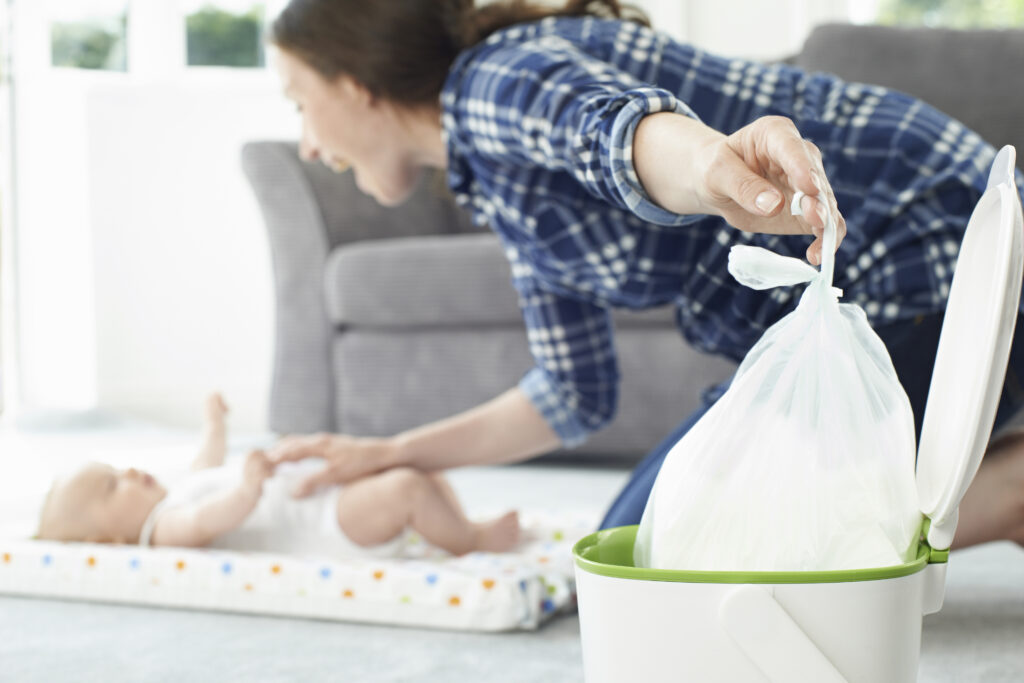
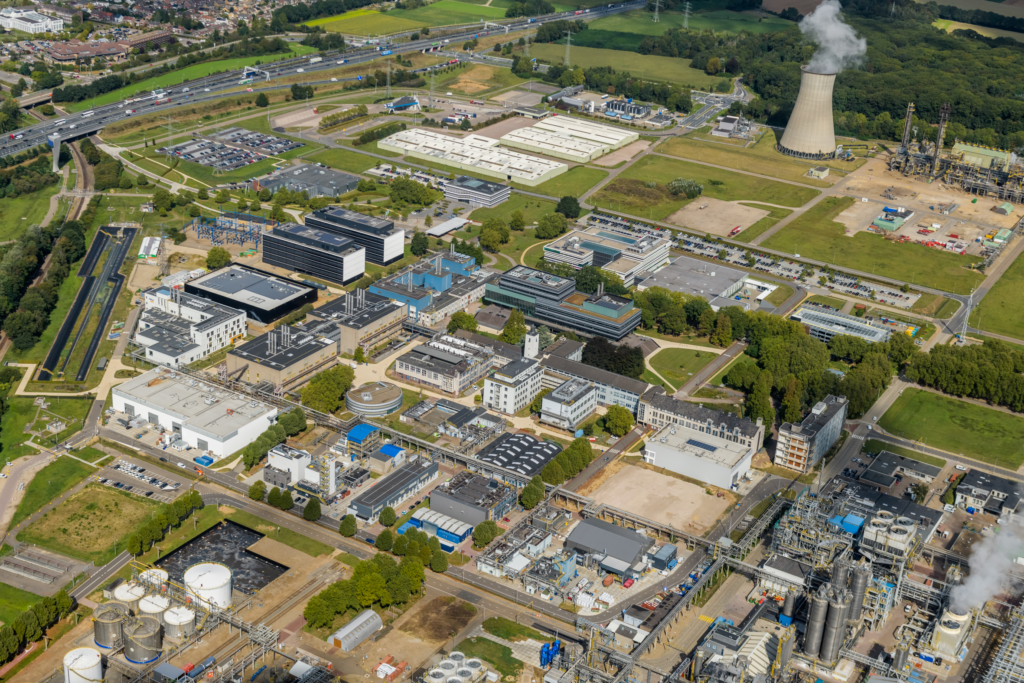
Our mission
Our mission at Alkyl Recycling is to lead the way in sustainable chemical recycling of complex waste streams, transforming absorbent hygiene product (AHP) waste recycling into a scalable, sustainable industry standard. Based at the Brightlands Chemelot Campus, our team of dedicated scientists is committed to converting complex waste streams into valuable secondary polymers for circular applications. We are at the forefront of sustainable chemistry in waste management, utilizing advanced chemical processes to reduce energy consumption and minimize toxic waste, driving a more circular economy.”
Sustainable Development Goals
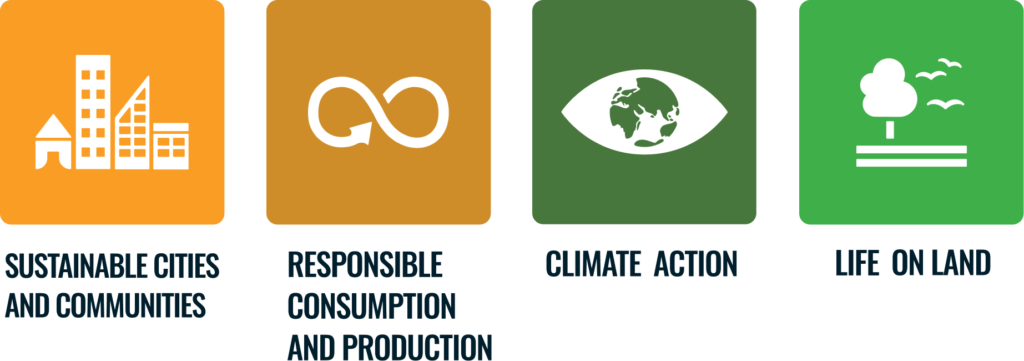
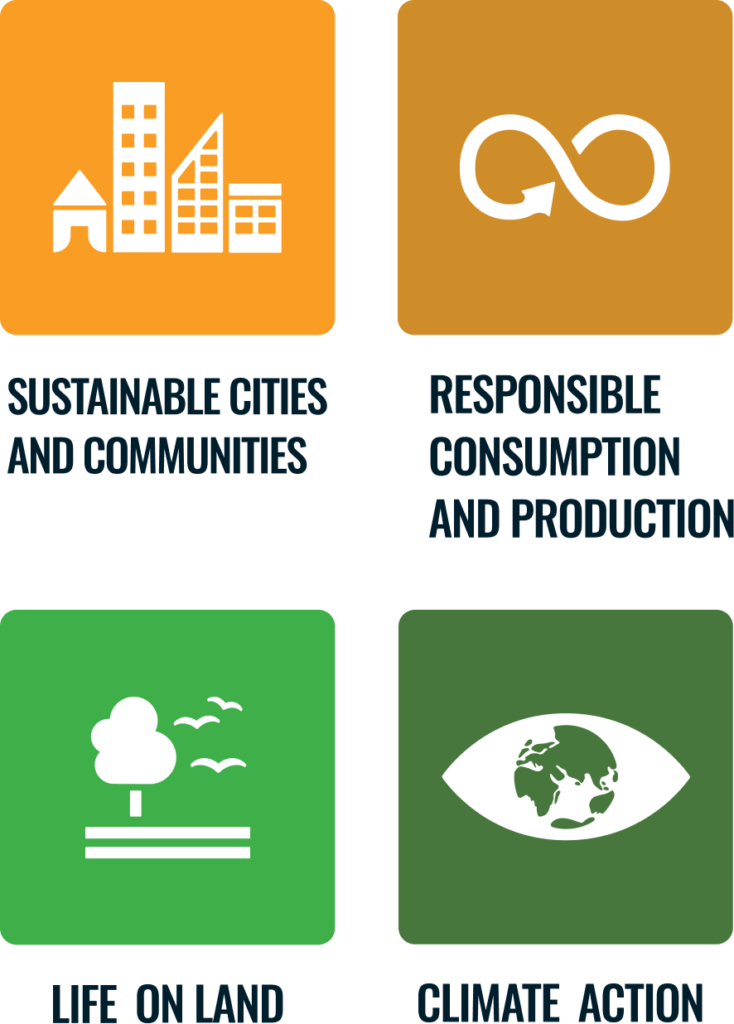
Strategy
Alkyl Recycling’s strategy rests on three foundational pillars:
1. Creating Revolutionary Technology:
Through rigorous R&D, we are developing breakthrough processes to advance the recycling of waste diaper and other absorbent hygiene products. Our goal is to make these technologies commercially viable and capable of handling large volumes of waste for real-world applications. Through innovative experimentation, we are pushing the boundaries of what’s possible in diaper recycling, setting the stage for industrial-scale implementation.
2. Building Diligent Partnerships:
Collaboration is essential to our growth and impact. By working closely with industry partners and engaging potential clients we are ensuring that our solutions meet the practical needs of the waste management industry and contribute to a sustainable future.
3. Accelerating the Circular Economy:
Our focus on circular materials drives everything we do. By recycling used diapers into reusable, sterilized components, we are reducing reliance on fossil-based raw materials and help to lower the environmental impacts of diaper waste.
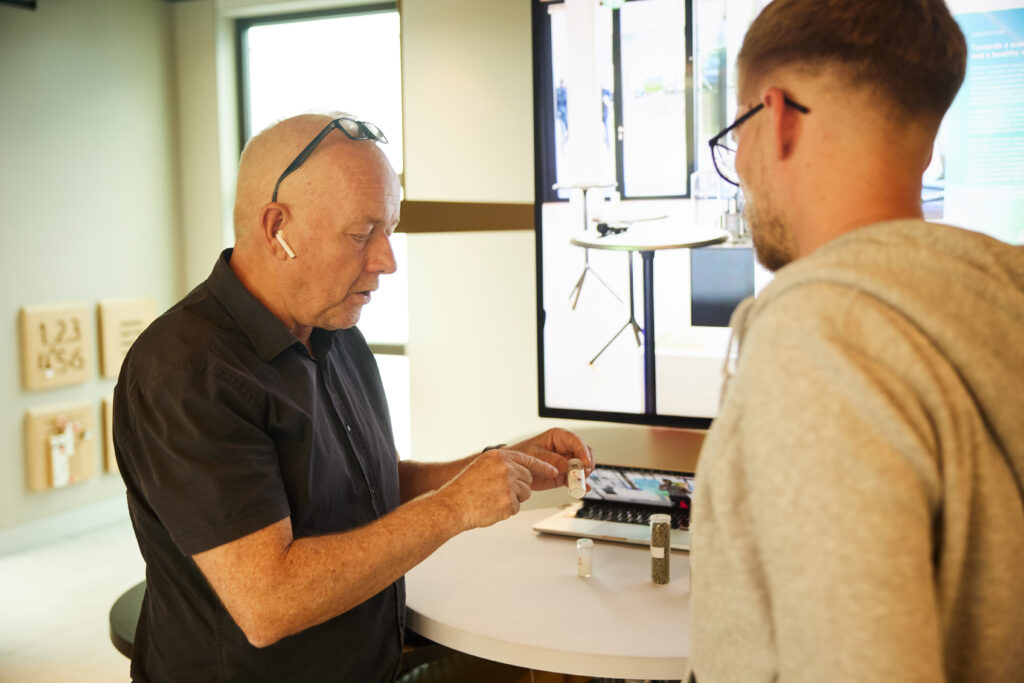
Melvin Kizito speaking at Brightlands about Alkyl Recycling

WINNER
START-UP AWARD
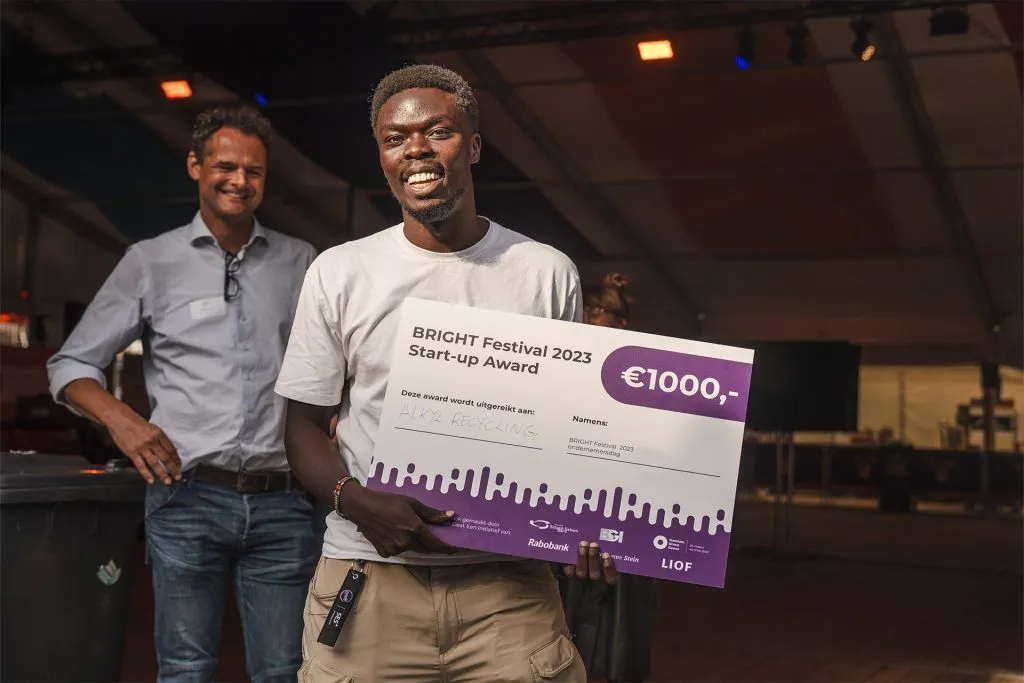
Alkyl Recycling the media
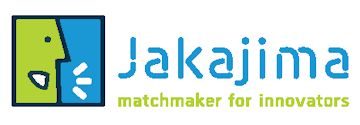

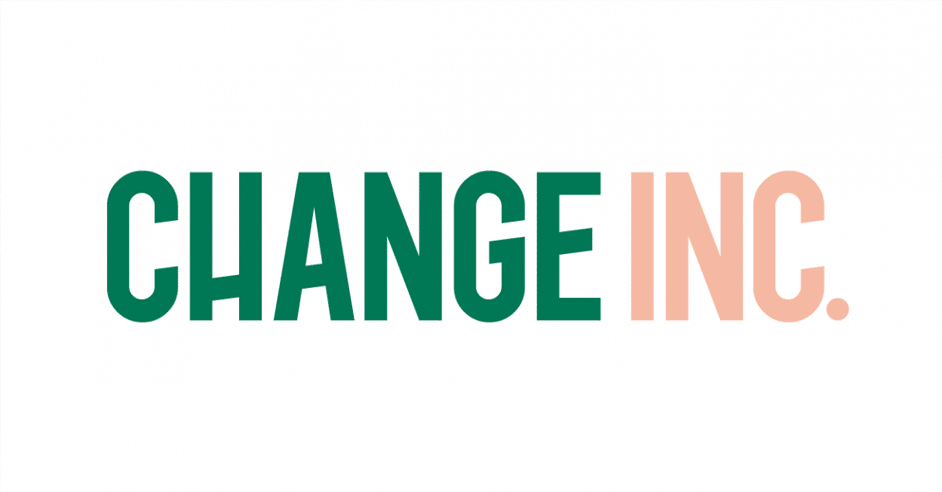
Met Alkyl wil Melvin Kizito de wereld verlossen van luierafval
Interview with Melvin Kizito
